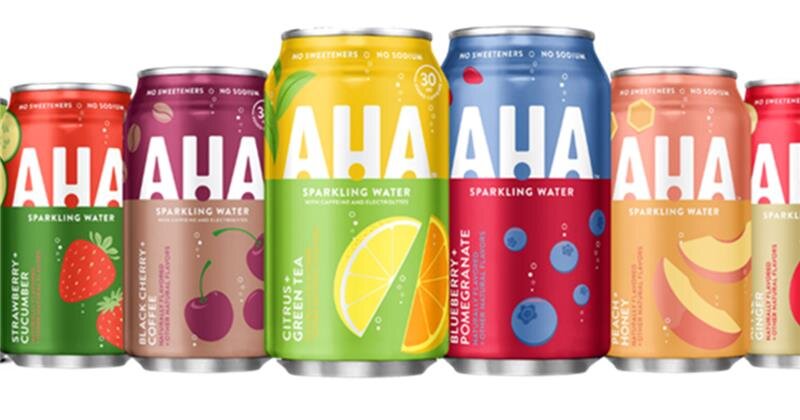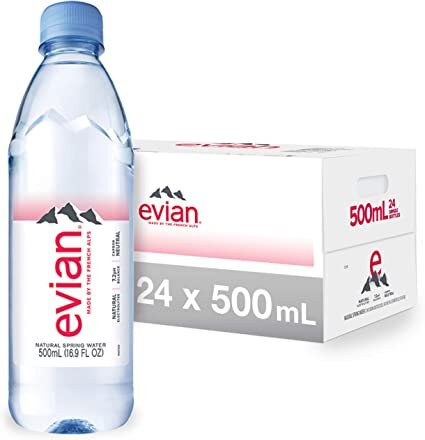Bottled Water & Water Beverages
Overview
Many Americans appreciate the convenience and portability of bottled water and water beverages. In fact, they now play an important and healthy role in our nation’s beverage consumption patterns.
The term “bottled water” actually applies to a number of different beverage products, including: spring water, purified water, mineral water, sparkling bottled water, well water and artesian water. The term “water beverages” applies to a number of different beverages including flavored water, enhanced water, fortified water and fitness water.
History
The origins of bottled water products can be traced back to the earliest civilizations. Well aware of water’s health benefits, the Romans searched for and developed drinking water sources as they set about establishing their empire. According to legend, after crossing the Pyrenees, Hannibal, the famous general of the Carthaginian army, rested his troops and elephants at Les Bouillens in France, the location of the Perrier drinking water spring.
The United States has its own long tradition of bottled water with some brands dating back more than 100 years. Other popular brands, such as Aquafina and Dasani, were introduced in the 1990s, and today the bottled water category is still growing with recent local products such as Cumberland Gap Mountain Spring Water.
As people around the world continue to recognize the health benefits and convenience of bottled water, the market for these products continues to grow. From 1997 to 2005, per capita consumption of bottled water increased by 90 percent to 25.4 gallons annually per person. Bottled water now accounts for 17 percent of nonalcoholic beverage consumption.









Bottled Water Types
Bottled Water
Not all bottled waters are alike. Bottled waters can vary by their source, treatment and taste profile.
To help consumers better recognize and understand the differences between bottled water types, the U.S. Food and Drug Administration has created a standard of identity to help define and classify bottled waters.
Spring Water
Bottled water derived from an underground formation from which water flows naturally to the surface of the earth. Spring water must be collected only at the spring or through tapping into the underground formation feeding the spring.
Purified Water
Water that contains no dissolved solids and meets strict standards of purity set by the United States Pharmacopoeia, an independent, science-based public health organization responsible for setting public standards for all medicines, dietary supplements and other healthcare products sold in the United States. Purified water may be labeled by other names depending on how it is produced, such as, “distilled water” if it is produced by distillation, “deionized water” if it is produced by deionization or “reverse osmosis water” if the process used is reverse osmosis.
Mineral Water
Bottled water containing not less than 250 parts per million total dissolved solids may be labeled as mineral water. Mineral water is distinguished from other types of bottled water by its constant level and relative proportions of minerals.
Sparkling Bottled Water
Water that after treatment, and possible replacement with carbon dioxide, contains the same amount of carbon dioxide that it had as it emerged from the source.
Well Water
Bottled water from a hole that is bored, drilled or otherwise constructed in the ground, which taps a water aquifer (a water-bearing underground layer of rock or sand).
Artesian Water
A specific type of well water in which the tap of the well lies underneath the water level of the aquifer.
Water Beverage Types
Enhanced Water
Bottled water that had added natural or artificial flavors, sugar, sweeteners, vitamins and minerals. Enhanced waters are lower in calories.
Fitness Water
Waters that are lightly flavored and may include vitamin- and mineral- enhanced ingredients. These waters were created to help hydrate exercisers that do not drink enough when exercising.
Flavored Water
Flavored water are waters that contain artificial flavorings, sugar, or artificial sweeteners. Some may contain added nutrients.
Fortified Water
Fortified waters typically contain vitamins, minerals, and electrolytes.


